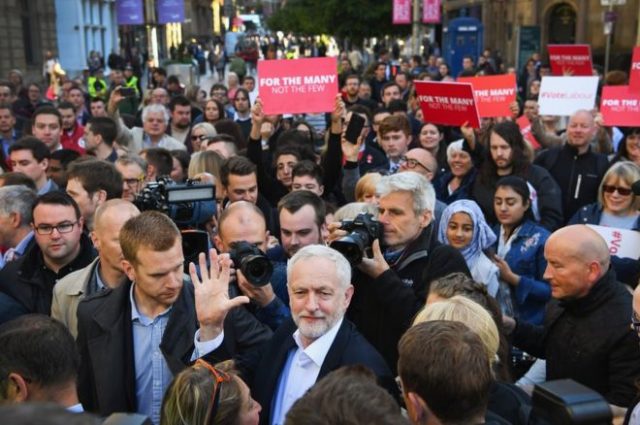The House of Commons Work and Pensions Committee has recently published a report calling on the Government to close the loopholes that allow “bogus” self-employment practices, which burden the welfare state but reduce the tax contributions needed to sustain it.
This follows the “Matthew Taylor” inquiry which took evidence during February and March 2017 from witnesses including representatives of companies such as Uber, Amazon, Hermes and Deliveroo. Most of the people working for such organisations were not on the payroll and have limited workers rights and are paid for each delivery or “gig”. The Committee recommended a default assumption of “worker” status, rather than “self-employed”, and said that the incoming Government should set out a roadmap for equalising the NICs paid by employees and the self-employed.
Mr Taylor was also asked to produce a report on the status of such workers and suggested that a new category of “dependent contractor” should be established, but the report did not conclude on how such a worker should be taxed.




